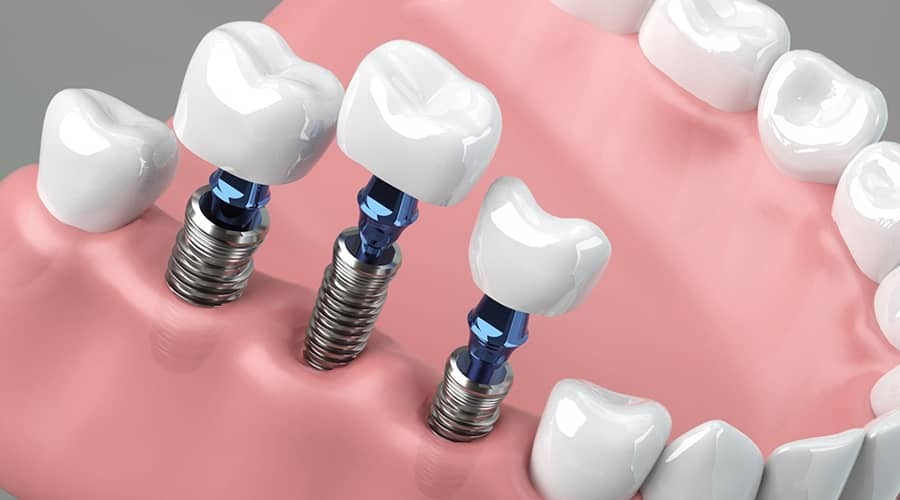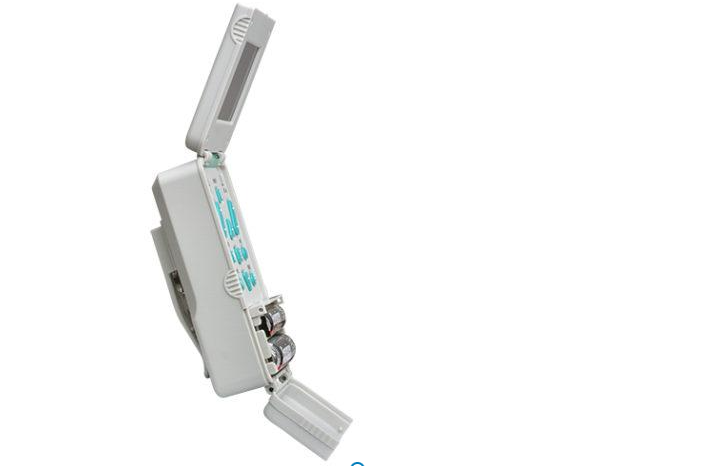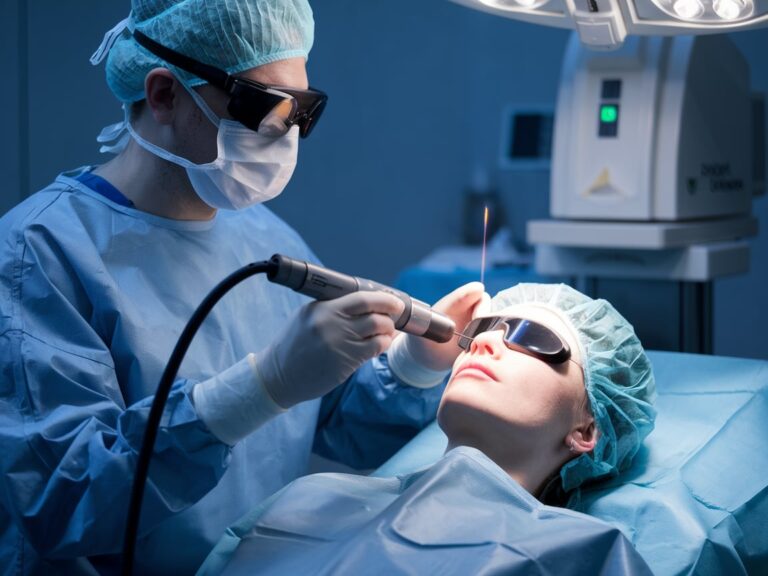Managing Pain and Recovery After a Full Mouth Dental Implant Surgery
Choosing to undergo full mouth dental implant surgery is a significant step towards restoring both your smile and dental health. This procedure involves replacing damaged or missing teeth with artificial ones, offering a long-term solution to dental issues. This comprehensive guide will explore effective pain management strategies and post-surgery recovery tips to ensure a smoother healing process and optimal outcomes. We’ll discuss everything from pre-surgery preparations, such as dietary adjustments and medications, to post-surgery care, including proper oral hygiene practices, dietary recommendations, and follow-up appointments with your dentist. By following these guidelines, you can achieve the best possible results and enjoy a beautiful, healthy smile.
Understanding Full Mouth Dental Implant Surgery
Full mouth dental implants involve replacing all of a patient’s teeth with implants that replicate the appearance and function of natural teeth. This procedure is usually recommended for those with significant tooth loss or decay, offering a long-term solution that greatly enhances quality of life.
Pre-Surgery Preparation
Before diving into the surgery, proper preparation is crucial:
- Consultation: Meeting with your dental specialist to discuss the procedure details, recovery expectations, and pain management.
- Health Evaluation: Undergoing a thorough health assessment to ensure suitability for surgery and minimize complications.
Post-Surgery Pain Management
Managing pain effectively after your surgery is paramount for a comfortable recovery:
- Medications: Your dentist will prescribe pain relief medications. It’s crucial to follow the dosage instructions accurately.
- Cold Compresses: Applying ice packs to the cheek can help reduce swelling and alleviate pain.
- Rest: Ensure plenty of rest in the initial days post-surgery to aid the healing process.
Nutrition and Diet
Proper nutrition is vital for recovery:
- Soft Diet: Stick to a soft or liquid diet that doesn’t put strain on your new implants.
- Hydration: Keep yourself well-hydrated with water and avoid hot beverages that can irritate the surgical site.
- Nutrient-Rich Foods: Incorporate foods rich in vitamins A and C to foster healing.
Activity Level Adjustments
During the first few weeks post-surgery, it’s essential to modify your activity levels:
- Reduced Physical Activity: Avoid strenuous activities that can lead to increased swelling or bleeding.
- Elevation: When resting, keep your head elevated to help reduce swelling.
Oral Hygiene Practices
Maintaining oral hygiene is critical but should be approached gently:
- Gentle Cleaning: Brush your teeth gently around the implant sites using a soft-bristled toothbrush.
- Saltwater Rinses: Starting 24 hours after surgery, gentle saltwater rinses can help keep the mouth clean and soothe the implant sites.
Follow-Up Care
Regular follow-up appointments are necessary to ensure the implants are healing correctly:
- Routine Check-ups: Attend all scheduled visits to monitor your progress and address any concerns.
- Immediate Attention: If you experience unusual symptoms, such as increased pain or swelling, contact your dentist immediately.
Managing Emotional Health
The recovery from full mouth dental implant surgery can also affect your emotional health:
- Support System: Lean on family and friends for support throughout the recovery process.
- Professional Help: If you’re struggling emotionally, consider speaking with a counselor or therapist.
Conclusion
Recovering from full mouth dental implant surgery in Madison requires diligent pain management, proper nutrition, and strict adherence to your dentist’s instructions. Effective pain management, which may include prescribed medications and cold compresses to reduce swelling, is crucial. Proper nutrition plays a significant role in recovery, emphasizing soft foods and plenty of fluids to support healing. Additionally, meticulously following your dentist’s guidelines on oral hygiene and activity restrictions is essential to prevent complications. By implementing these strategies, you can ensure a smooth recovery and fully enjoy the lasting benefits of your new smile, significantly enhancing your quality of life and boosting your confidence.
Keep an eye for more news & updates on Buzz Released!






